|
Scott Terry of clients Red Wanting Blue: The song "Goliath" is an emotional battle. No one likes a bully. And so many people feel like they are being bullied. Maybe by an individual, maybe by technology, maybe by a big corporation. So many are fighting against a larger foe. We're a rock and roll band that's always felt like an underdog fighting against the odds. We will drive through the night. We will get less sleep. We will do whatever we have to do to show that we can stand shoulder to shoulder with whoever is out there. I interviewed singer-songwriter Stephanie Sammons. We discussed:
Stephanie Sammons website: https://stephaniesammons.com/
I help bands create great content about themselves and their music. I cannot promise fame, inner harmony, or that you will ever love kale.
Saturday's concert also featured a great performance by singer-songwriter Jason Adamo. Check out his new self-titled EP. And you can see two interviews I did with Jason:
Interview 1 Interview 2 This weekend's "work"... I delivered copies of "Light It Up," the new album from clients Red Wanting Blue, to their friends in Sister Hazel. Bonus: Everyone in the band signed my vinyl copy of "Chasing Daylight."
The world is filled with people who have content ideas for musicians. Very few of them can actually execute on those ideas. And only a few of those people can execute on those ideas more than two or three days in a row. Ideas are plentiful. Action and perseverance are scarce.
|
Archives
June 2024
|



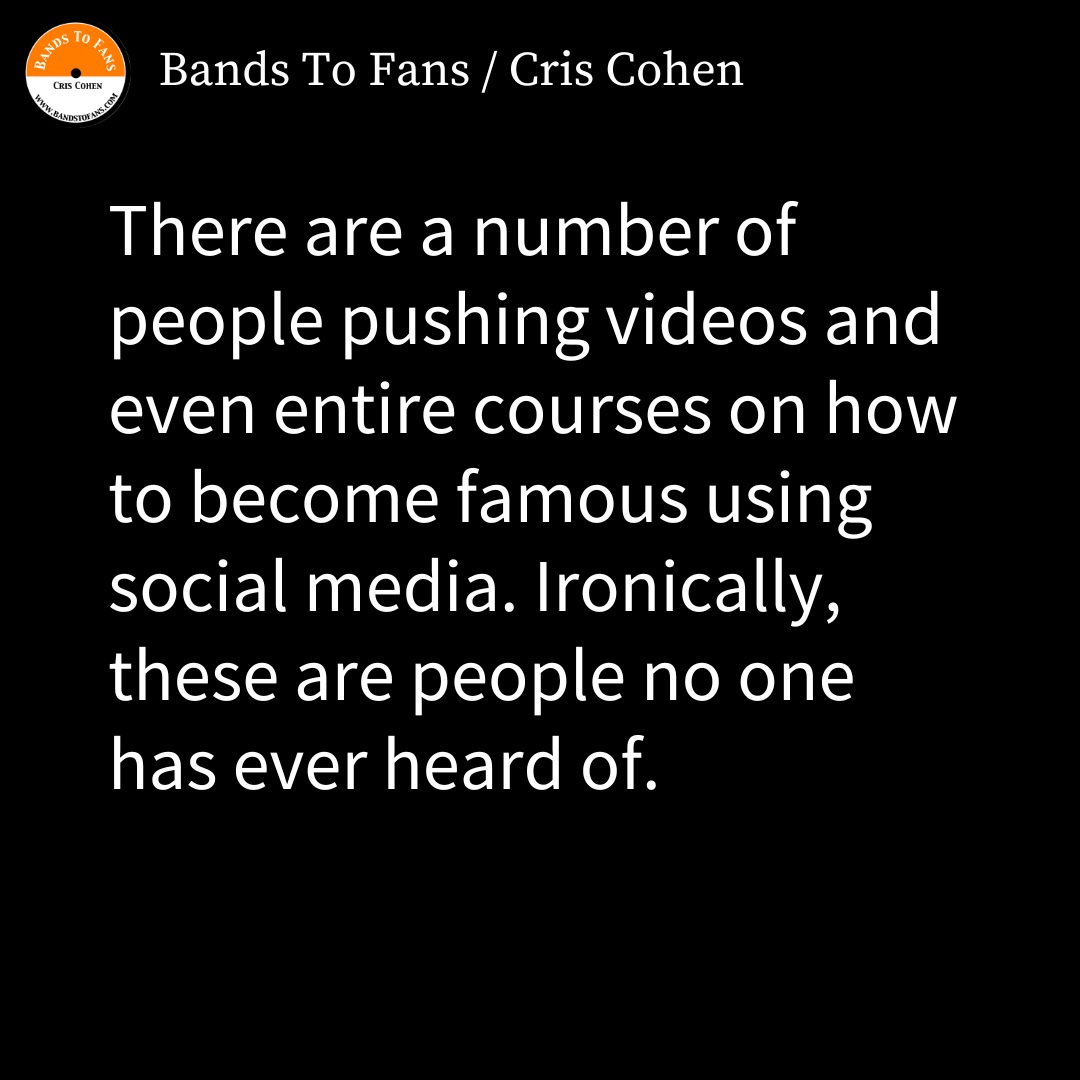
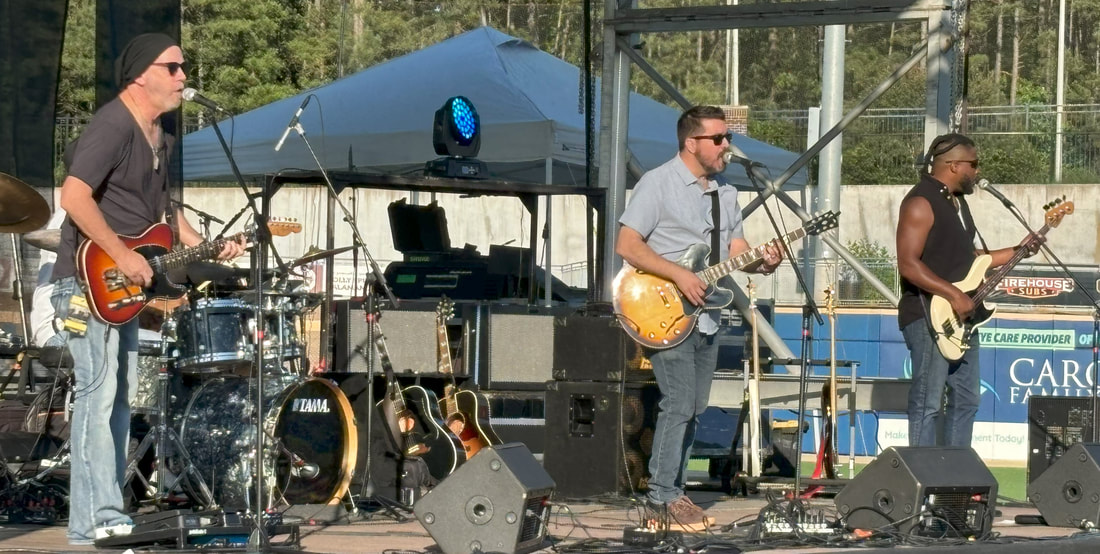
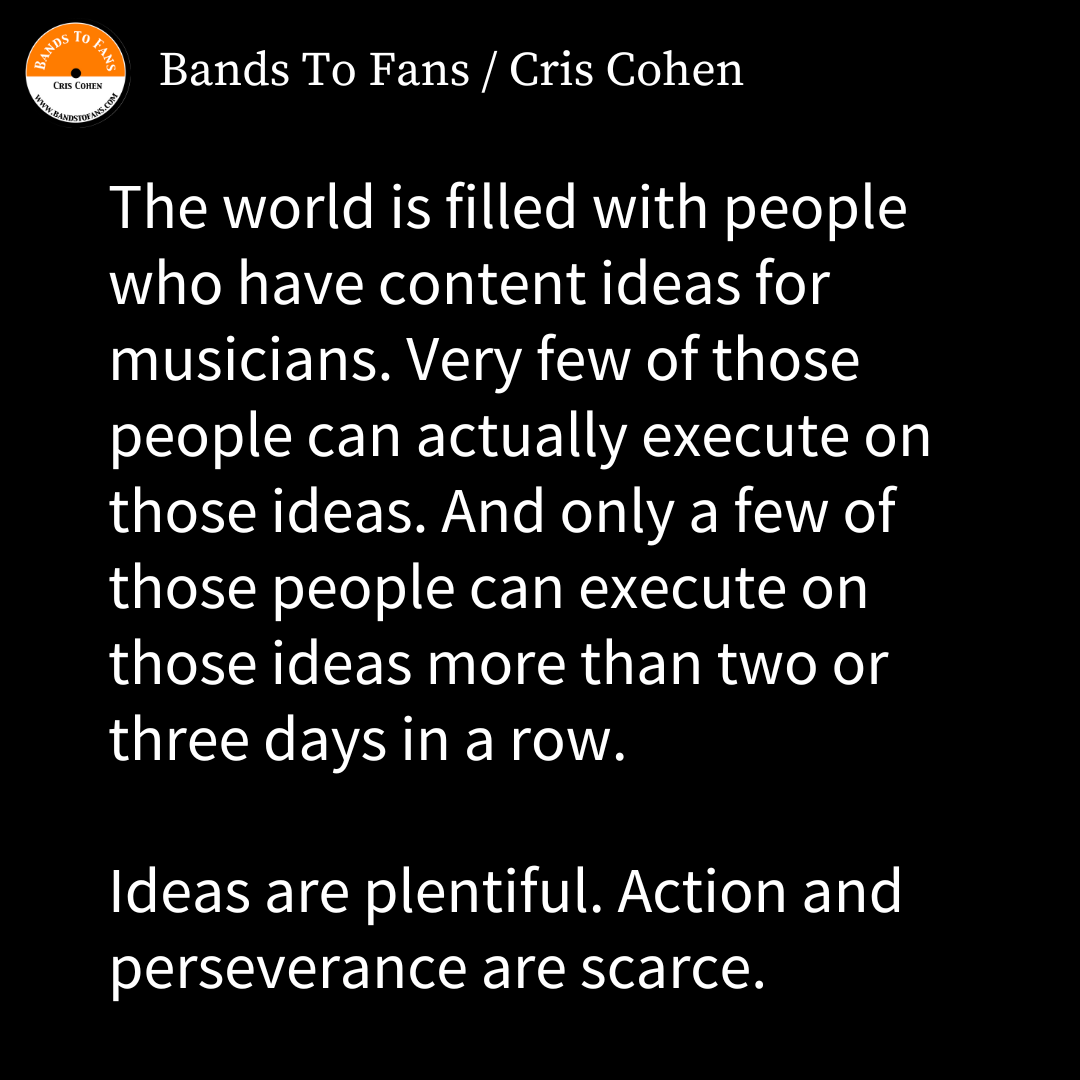
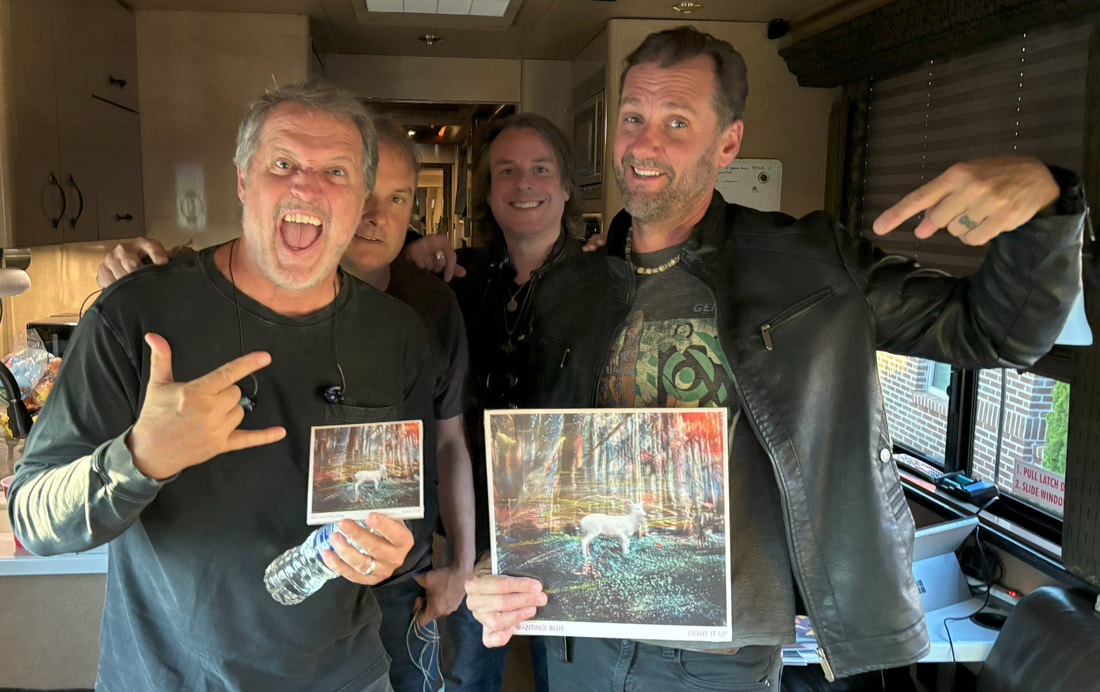
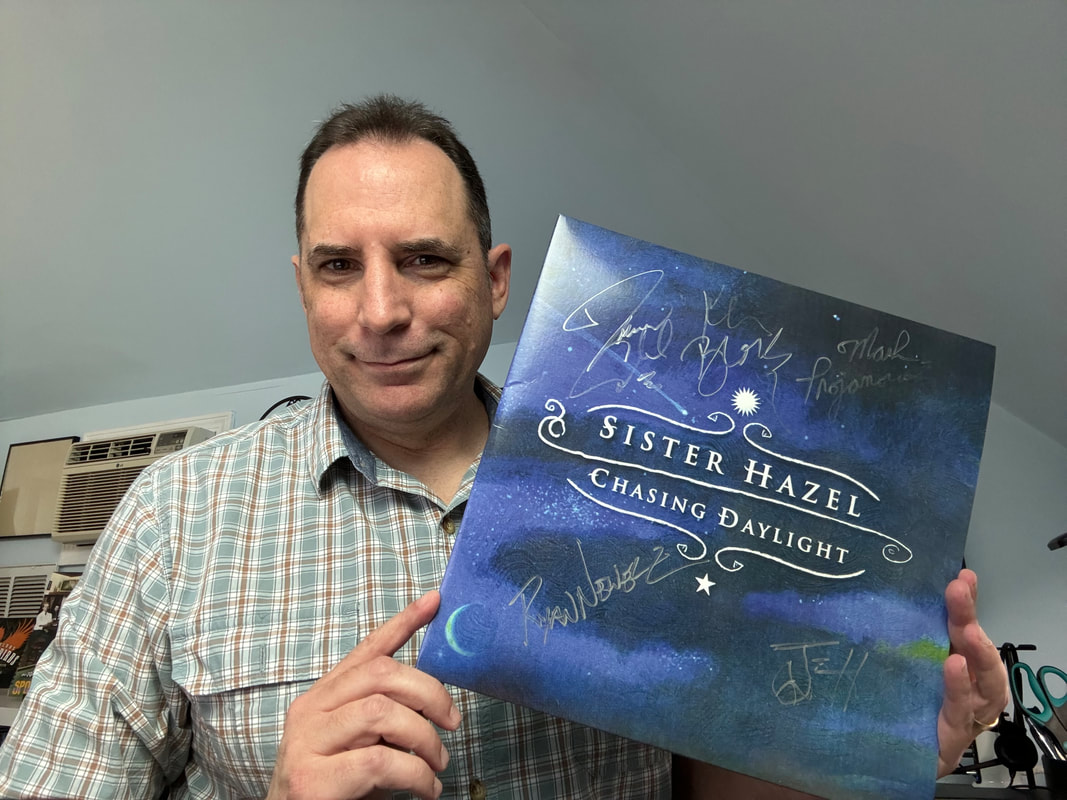
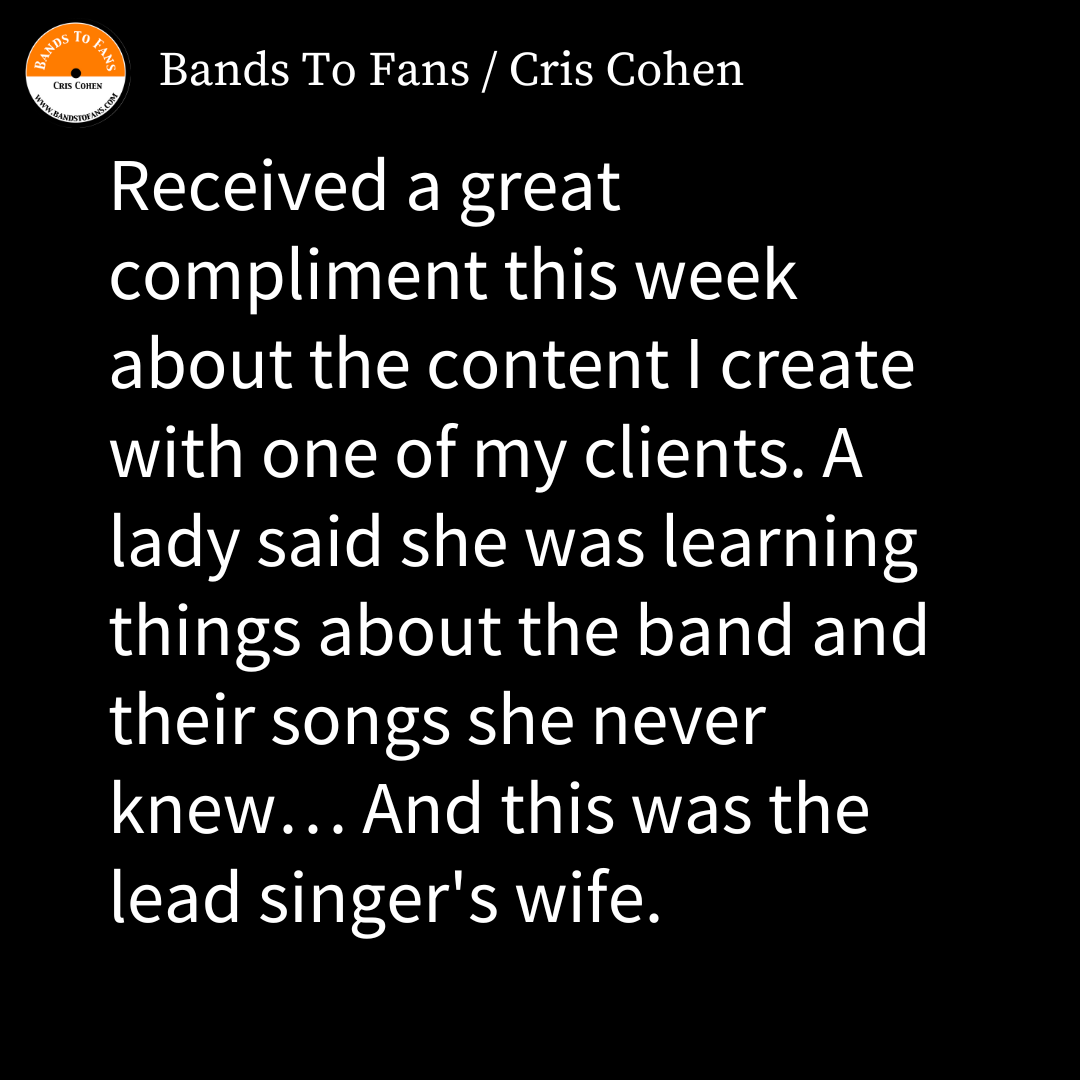
 RSS Feed
RSS Feed